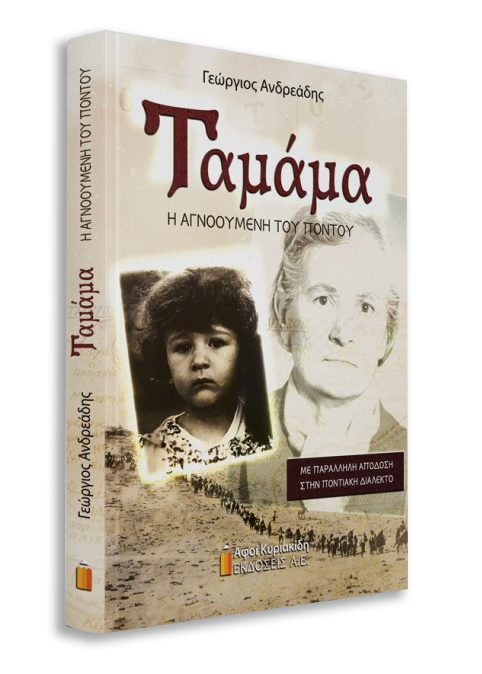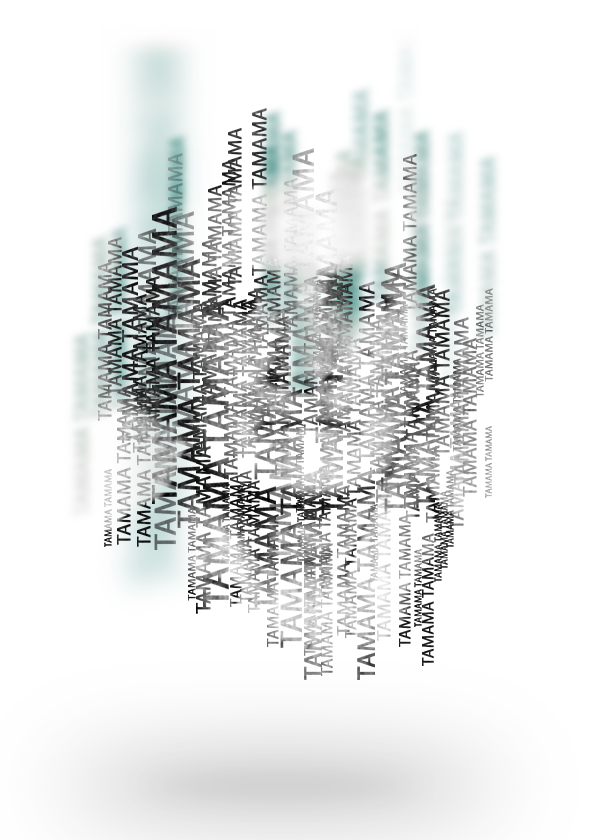Tamama - The missing woman of Pontus
New edition of the well-known work of Giorgos Andreadis with parallel flow in Greek and in the Pontian dialect.
The work of Giorgos Andreadis, “TAMAMA”, needs no special introduction. Many editions, many translations, until it became the basis for the creation of a film script.
Of particular importance, however, is the transfer of the book “TAMAMA” into the Pontian dialect. In the language Tamama herself spoke. In the language that came out of the depths of her mind and soul when she was sick and ranting in the hospital. In the language that the author listened to her stories. Narratives so intense that the words and expressions of the heroine have been captured in their entirety. The Pontian dialect is the best and most direct way to express the thoughts and feelings of Tamama.
In this new edition, the Pontian text runs parallel to the Modern Greek text for the convenience of readers who are not familiar with the Pontian dialect.
At the end of the book a short photographic appendix has been added with images from the earlier editions, but thanks to artificial intelligence, these images are much improved.
The text was edited by Yannis Terzidis.




